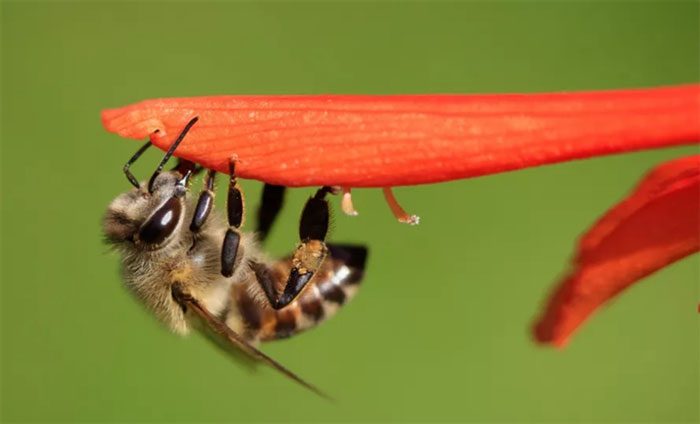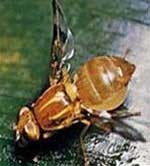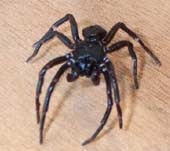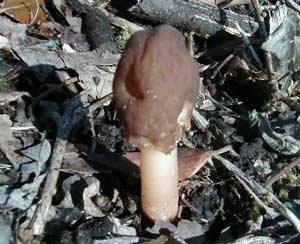Scientists Discover Bee Species That Can Create Perfect Clones of Themselves to Invade Competitor Hives.
According to research published in the Proceedings of the Royal Society B, a South African honeybee does not alter its DNA structure when laying eggs.
This allows it to create perfect clones of itself, making this bee nearly immortal.
The study reveals that the honeybee being monitored has produced millions of offspring through asexual reproduction over the past three decades.

A South African honeybee has cloned itself millions of times. (Photo: Shutterstock).
Asexual reproduction in animals is a form of reproduction in which the mother produces offspring that are genetically identical to herself without the need for sperm. The offspring’s body is formed from a part of the mother’s body or from an egg cell through mitosis.
“It’s unbelievable. It’s an astonishing dysfunction,” said Benjamin Oldroyd, the lead author of the study and a professor of behavioral genetics at the University of Sydney.
Asexual reproduction is not uncommon in insects. However, typically, the offspring will have different genetic structures.
But South African honeybees are different. They seem to always create perfect DNA replicas when reproducing.
However, these offspring can cause problems for their colonies and rival hives. This is because, within a hive, only the queen bee is capable of reproduction. If worker bees could lay eggs, the hive would be thrown into chaos.
“Eventually, the worker bees just linger around laying eggs without accomplishing anything. The colony is lost, and the ‘cloned’ bees will spread to other colonies,” Oldroyd explained.
According to Oldroyd, this phenomenon kills about 10% of the South African bee population each year and is akin to “a social cancer that can be transmitted.”





















































